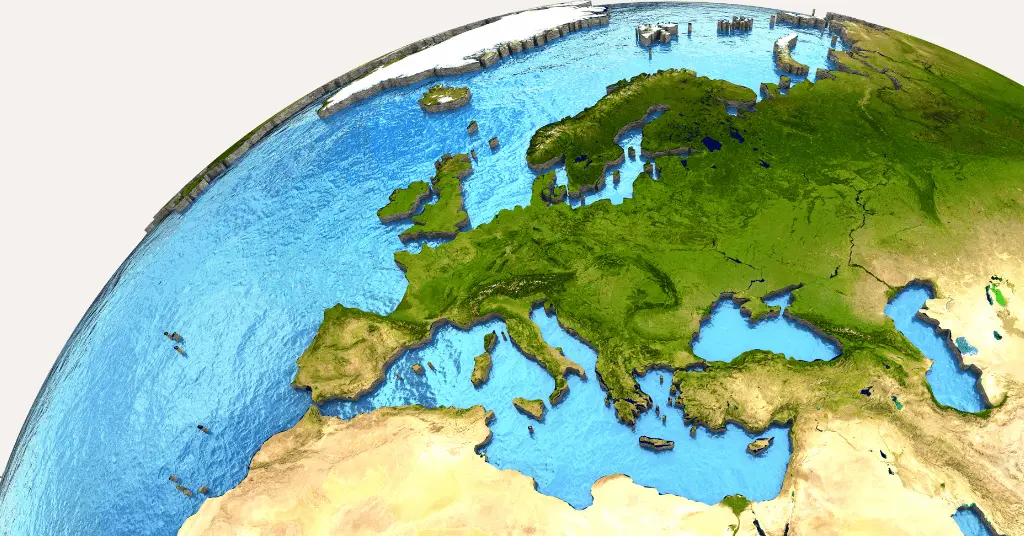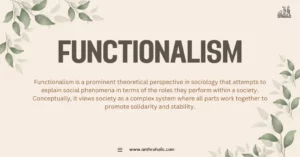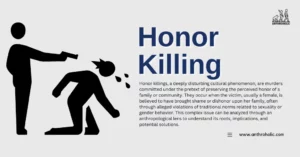AI Answer Evaluation Platform Live Now. Try Free Answer Evaluation Now
European Archaeology
European archaeology is the study of past human societies in the continent of Europe. This discipline encompasses a broad range of research topics, from the earliest human migrations into the continent to the development of modern European states. Archaeological research in Europe is crucial for understanding the continent’s rich cultural heritage, as well as the origins of contemporary European society. In this blog post, we will provide an overview of European archaeology, its history, and its relevance today.

The History of European Archaeology
European archaeology has a long and complex history, dating back to the ancient Greeks and Romans. However, it was not until the Enlightenment that the study of the past became a more scientific discipline. During this period, antiquarianism, the collection and study of ancient artefacts, was popular. The focus was on classical Greek and Roman civilizations, and the idea was to revive the values and culture of these societies. This was followed by the rise of positivism, which emphasised the importance of empirical evidence and scientific methodology.
In the 19th century, the discipline of archaeology began to take shape. This was the period of colonialism, and European powers were exploring and exploiting other parts of the world. Archaeology became an important tool for understanding the cultures of these societies. This was also a time of great archaeological discoveries in Europe, such as the unearthing of Pompeii and Herculaneum. These excavations provided a wealth of material for scholars to study and analyse.
The 20th century saw the professionalisation of archaeology, with the establishment of academic departments and the standardisation of research methods. During this period, archaeologists began to focus on more interdisciplinary approaches, incorporating anthropology, history, and other disciplines into their research.
Current Research in European Archaeology
Today, European archaeology is a vibrant and interdisciplinary field. Archaeologists are exploring a wide range of topics, from the earliest human migrations into the continent to the development of modern European states. Some of the most exciting areas of research in European archaeology include:
The Origins of European Society
One of the primary focuses of European archaeology is the study of the origins of European society. This includes the earliest human migrations into the continent, the development of agriculture, and the rise of complex societies. Archaeologists are exploring questions such as when and how humans first arrived in Europe, what their social and economic structures were like, and how these structures changed over time.
The Roman Empire
The Roman Empire was one of the most influential and long-lasting civilizations in European history. Archaeologists are studying the remains of Roman cities, forts, and other structures to better understand the daily lives of people living in the empire. This includes everything from the food they ate to the religious beliefs they held.
Medieval Europe
The mediaeval period in Europe was a time of great change, with the development of feudalism, the rise of Christianity, and the emergence of nation-states. Archaeologists are exploring the material culture of this period to better understand the lives of ordinary people, as well as the structures of power and authority that governed society.
Industrialization and Urbanization
The industrial revolution had a profound impact on European society, transforming everything from the economy to the way people lived and worked. Archaeologists are studying the remains of factories, mills, and other structures to better understand the social and economic changes brought about by industrialization.
Conclusion
European archaeology is a vital and exciting field of research, with a rich history and a wide range of topics to explore. From the earliest human migrations to the development of modern states, archaeologists are shedding new light on Europe’s rich cultural heritage. This discipline is also essential for understanding the roots of contemporary European society and the challenges faced by societies around the world today.



